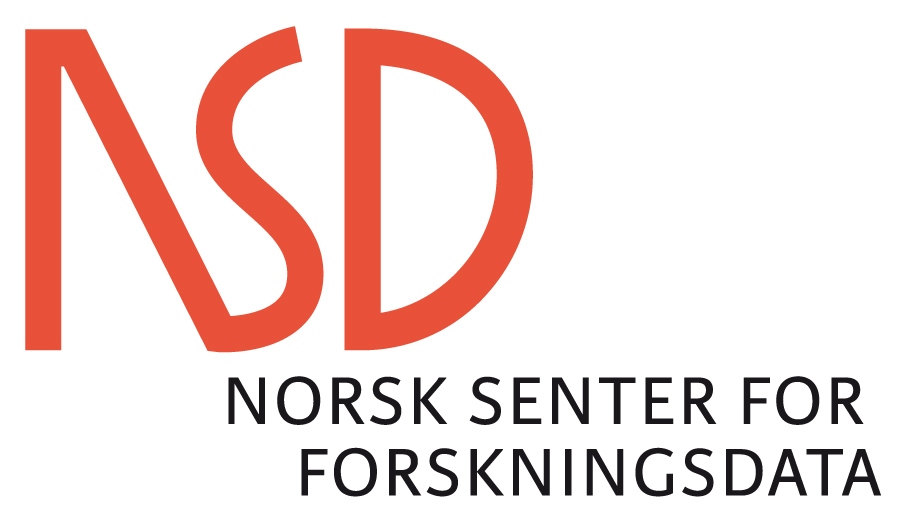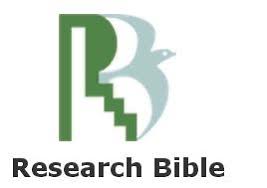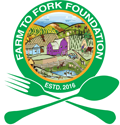Effect of rhizobial inoculant on growth and yield of soybean
Keywords:
Symbiosis, Rhizobial inoculant, Yield, SoybeanAbstract
Legume-Rhizobium symbiosis is a synergistic relationship that enriches soil with atmospheric nitrogen (N) and fulfills a major requirement of N for legume crops. An experiment was carried out in the Soil Science Field Laboratory (AEZ-9) of Bangladesh Agricultural University, Mymensingh during January to May 2015 to evaluate the performance of Rhizobium inoculum on growth and yield of soybean (Glycine max L.). The soil of the experimental site belongs to Sonatala series having silt loam texture, pH 6.4, organic matter content 1.72%, total N 0.04%, available P 3.96 ppm, exchangeable K 0.11 cmol kg-1, and available S 11.9 ppm. The experiment was laid out in a Randomized Complete Block Design (RCBD) with 7 treatments and 3 replications. The treatments were T0: control, T1: NPKS, T2: Inoculum, T3: PKS + Inoculum, T4: PK + Inoculum, T5: 75% N + PKS + Inoculum and T6: 50% N + PKS + Inoculum. Yield and yield contributing characters were measured after crop harvest. The N content in grain and stover were determined and protein content was calculated. The results demonstrate that the application of Rhizobial inoculant with chemical fertilizers had significant effect on growth and yield components as well as seed and stover yields of soybean. The treatment T3 (PKS + Inoculum) produced the highest seed and stover yields of soybean which was statistically similar to T1 (NPKS) and T5 (75% N + PKS + Inoculum). The results indicate that application of Rhizobial inoculant alone or in combination with chemical fertilizers produce higher seed and stover yields. In addition, Rhizobium biofertilizer improved N contents in seed and stover, N-uptake by seeds and stover as well as protein content of seeds. Inoculation of soybean with Bradyrhizobium along with 75% N + PKS fertilizers produced identical seed yield to that obtained with 100% NPKS. So it can be concluded that the application of Rhizobial inoculant can supplement up to 25% of recommended N for soybean cultivation.
Downloads
Downloads
Published
How to Cite
Issue
Section
License
Copyright (c) 2016 by the author(s). This work is licensed under a Creative Commons.

This work is licensed under a Creative Commons Attribution-NonCommercial 4.0 International License.




















